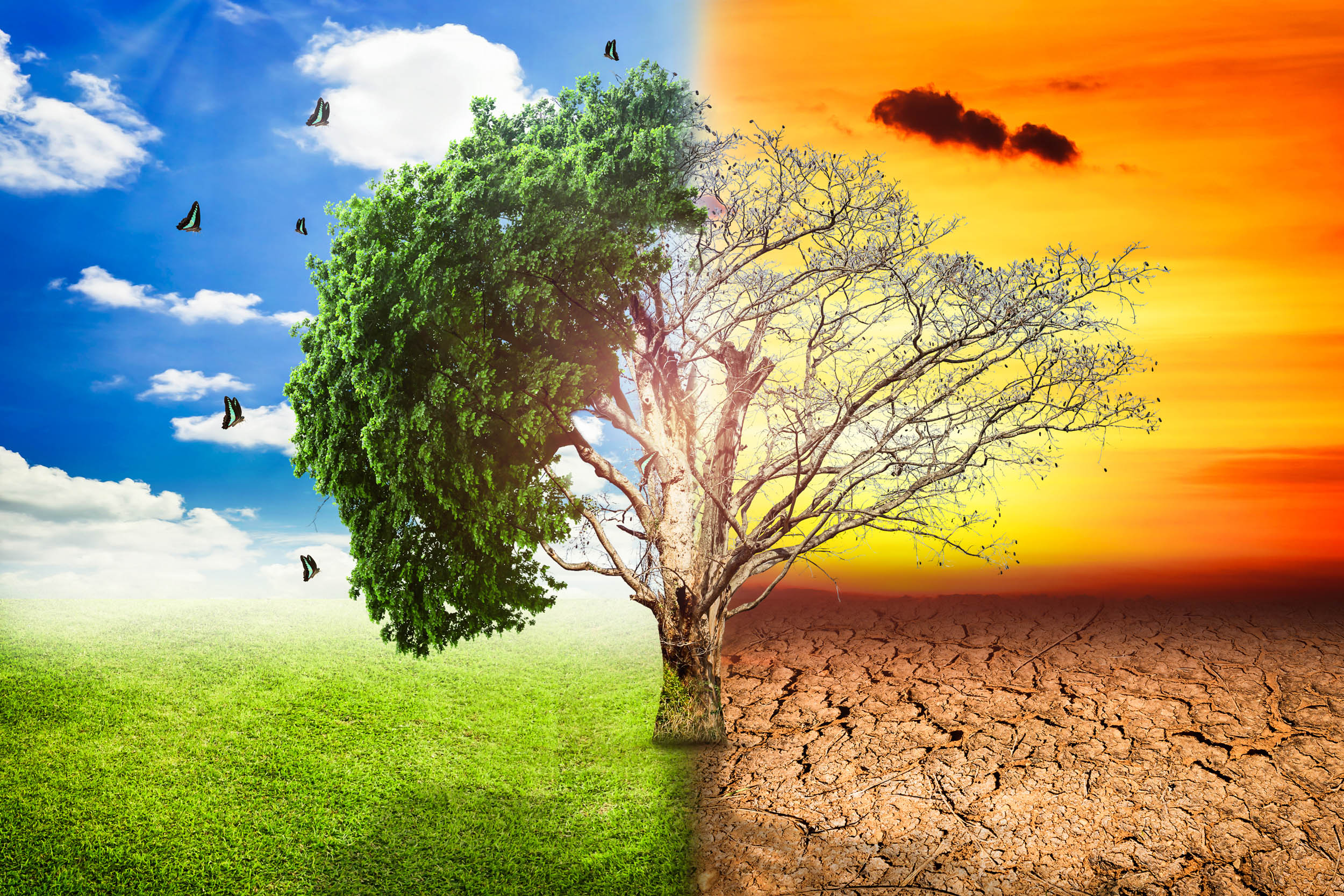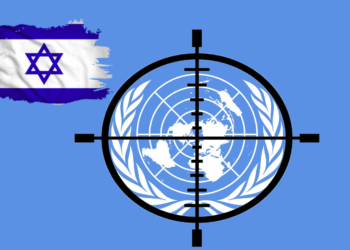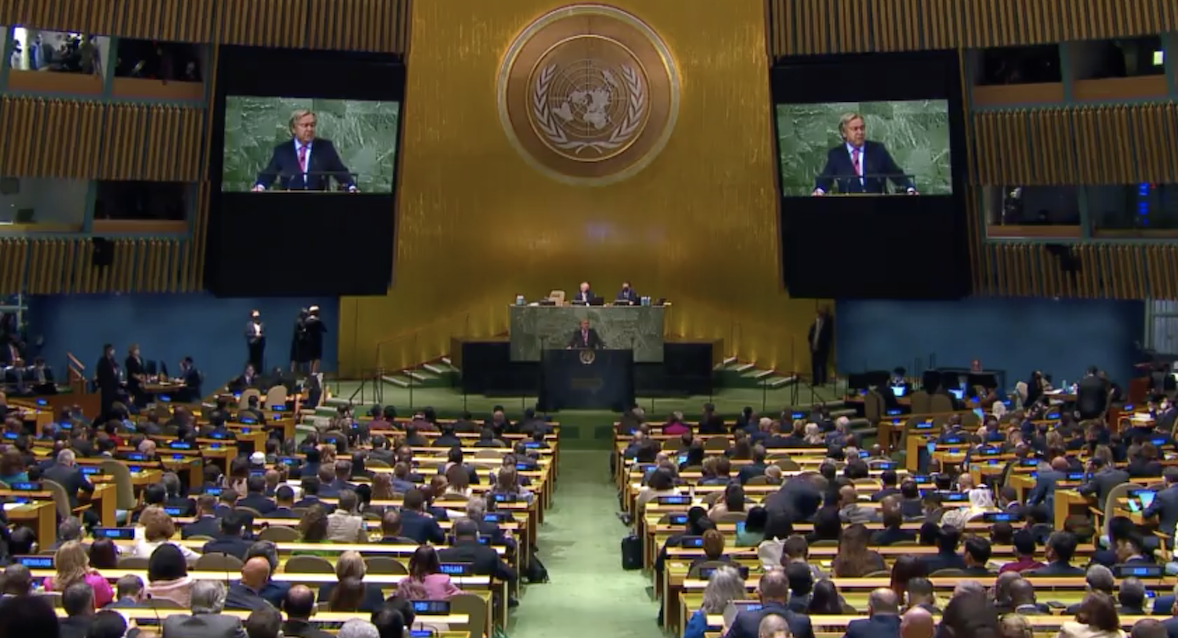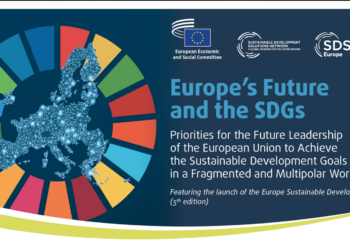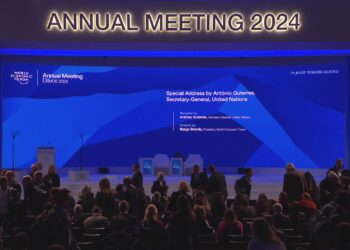Brussels -A warning sign for the state of our planet concerning climate change emerges from the ninth edition of the Sustainable Development Report released today (June 17) by the United Nations Sustainable Development Solutions Network (SDSN). None of the 17 Sustainable Development Goals (SDGs) are on track to be achieved by 2030. By continuing on this path, only 16 percent of the goals will achieve the set standards by the deadline. According to the report.
Not all of the world is progressing at the same speed toward sustainable development goals. The most virtuous countries are those in northern Europe, with Finland, Sweden, and Denmark in the top three positions. Italy in this ranks 23rd. The report notes a positive trend of improvement for the BRICS, namely Brazil, Russia, India, China, and South Africa. Specifically, however, the gap between the most developed and poorest states is widening. East and South Asia emerges as the region that has made the most progress in terms of SDGs since 2015. On the other hand, goals related to creating sustainable cities and fighting hunger are highlighted in the report as particularly lagging, while SDGs related to sustainable nitrogen management and population obesity rates are further ahead.
More than 100 scientists and world experts collaborated on the report, which, among other things, outlined priorities for reforming the United Nations so it can meet the challenges of the 21st century. The report presents five strategies to address funding gaps to help achieve sustainable development policies. One proposed action is the creation of new global institutions that can implement global taxation policy. Jeffrey Sachs, president of SDSN and lead author of the report, stresses that “in the run-up to the UN Future Summit, the international community needs to take stock of the key achievements and limitations of the UN system and work toward improving multilateralism in the decades ahead.”
The Sustainable Development Solutions Network has been operating since 2012 under the leadership of the Secretary-General of the United Nations. The goal is to accelerate joint learning and promote approaches that address the economic, social, and environmental challenges that the world faces. SDSN also oversees progress and recommends strategies for compliance with the Paris climate agreement.
English version by the Translation Service of Withub